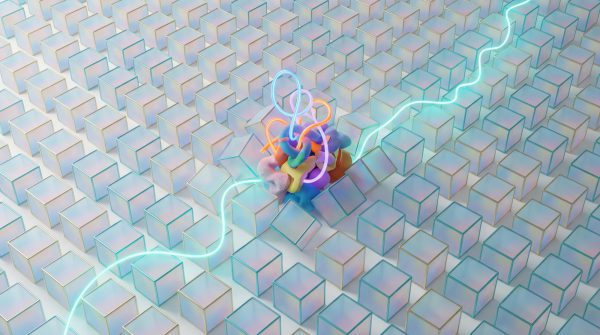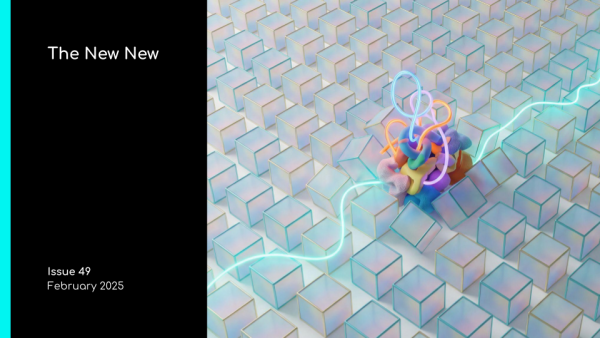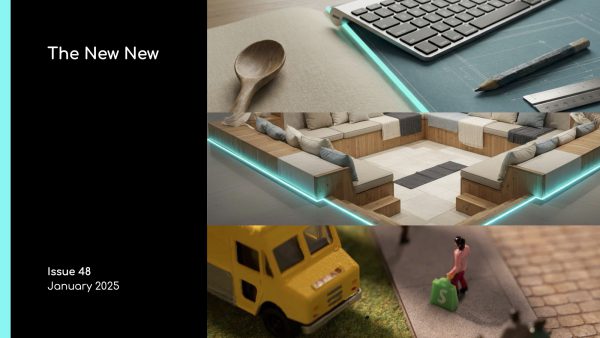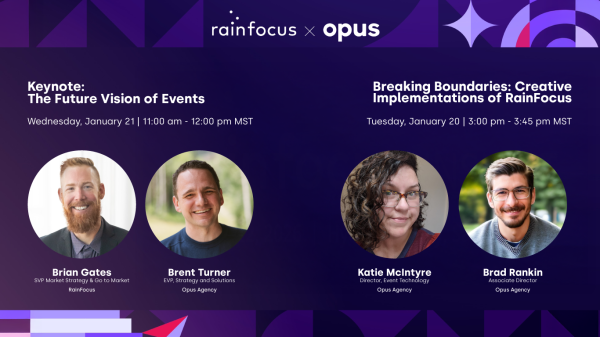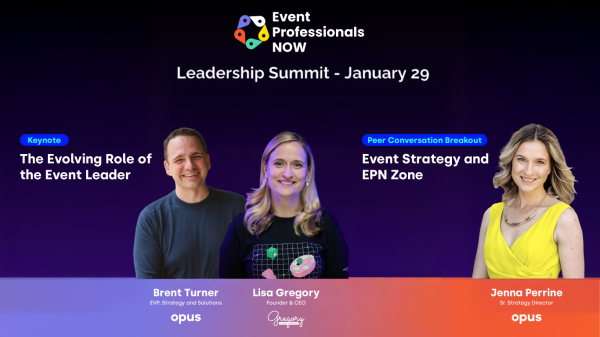Thinking on Autopilot
What we lose when “I don’t know” disappears

We used to sit with the unknown. Now, we swipe it away.
AI’s confident, ever-present answers have become a default response layer—always ready, always fast, always sure.
What started as a tool for search—a tool for layered, personalized answers—is now a habit of mind.
It finishes our sentences, choices, and thoughts before we realize we had them.
And we’re seeing something shifting:
The art, joy, humanity, meaning, autonomy, and power of knowing have changed.
When Curiosity Gets Outsourced
For those who have quickly adopted AI, we’re already conditioned to know that AI doesn’t just answer questions—it teaches us to expect them.
Instantly. Without ambiguity. Without edges.
That expectation changes us.
The more we ask machines for answers, the less we wrestle with questions. We’re not just offloading memory—we’re muting the friction that fuels reflection, experimentation, and surprise.
And it’s no surprise that researchers are starting to warn about a digital dependence. As Futurism recently reported, some users describe ChatGPT as a “copilot for their mind,” turning to it not just for help but for thought itself.
The result?
We’re quickly replacing our cognitive muscles with comfort.
The Vanishing “I Don’t Know”
Uncertainty used to be where the good stuff started. The “I don’t know” moment kicked off discovery. It sparked conversations. It invited perspective. It was the origin point of ideas.
But in this new age of auto-answers, not knowing feels inefficient.
And with that shift, we lose more than we gain.
As Psychology Today warns, we’re weakening the very muscles that power insight—our ability to sit with complexity, to question, to hold ideas loosely until they resolve into something new.
Creativity thrives in the gap. Wisdom lives in the pause.
When everything is filled, what’s left to explore?
A Continuation of Questions
This builds on a thread I started a few issues back here in The New New, when we dug into The Future Is Questions, where we explored curiosity as a vital practice in a time of answer overload.
Now, that overload is no longer just informational—it’s behavioral.
We’re becoming conditioned to move faster than thought itself.
The challenge is no longer just what we ask, but whether we pause to ask at all.
It’s becoming clear that the real opportunity may not lie in better prompting—but in better wondering.
What Comes Next
As AI becomes more present, we don’t need to fear it—we need to resist its reflex.
To practice not-knowing. To rebuild the small joys of puzzling, wondering, doubting, and, yes, even circling back.
Because in a world rushing to completion, the most human move might be to sit quietly with a question and say…
Not yet.
